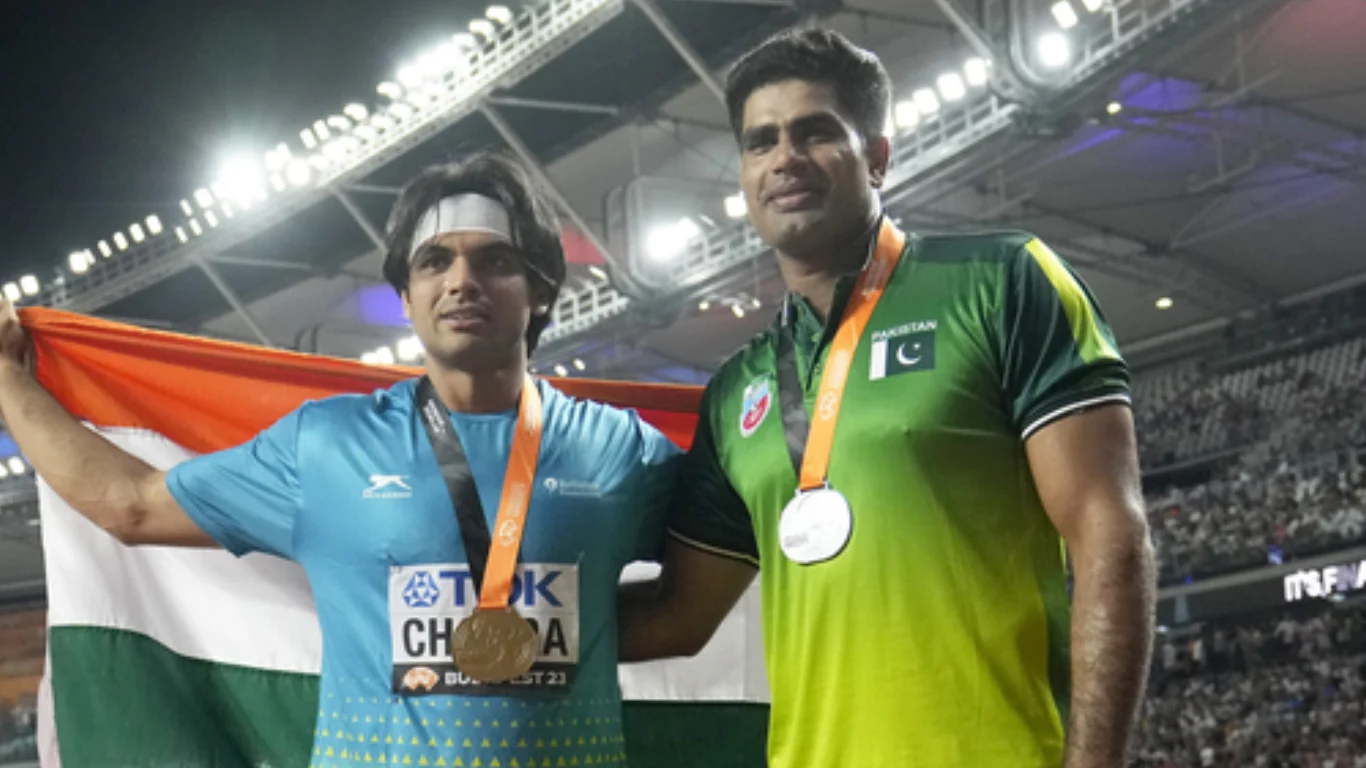
Tensions between India and Pakistan have escalated sharply following the Pahalgam terror attack, which resulted in the deaths of 26 Indian nationals. In retaliation, India launched Operation Sindoor on May 7, targeting what it described as terrorist infrastructure in Pakistan and Pakistan-occupied Kashmir. Pakistan claims that it shot down five Indian Air Force jets in response, though India has denied these allegations.
Amid this volatile backdrop, Pakistani javelin thrower Arshad Nadeem took to social media to express his patriotism, posting a photo with the Pakistani flag and the hashtag #PakistanZindabad. This gesture has ignited a firestorm among Indian fans, many of whom have criticized Nadeem’s actions, especially in light of the recent tragic events.
The controversy has also brought Indian Olympic gold medalist Neeraj Chopra into the spotlight. Chopra had previously invited Nadeem to participate in the upcoming Neeraj Chopra Classic in Bengaluru. However, following the Pahalgam attack, Chopra announced that Nadeem would not be attending, citing the current tensions and the need to prioritize safety. Chopra emphasized that his invitation was purely an athlete-to-athlete gesture and was not politically motivated. Despite this clarification, some fans have criticized Chopra for extending the invitation in the first place, questioning his judgment given the sensitive political climate.
The situation underscores the complex interplay between sports and politics, particularly in regions with longstanding hostilities. While athletes like Chopra and Nadeem have demonstrated camaraderie and mutual respect on the field, their actions off the field are now being scrutinized through a political lens. As tensions continue to rise, the role of sports in fostering diplomacy and understanding remains uncertain.

















